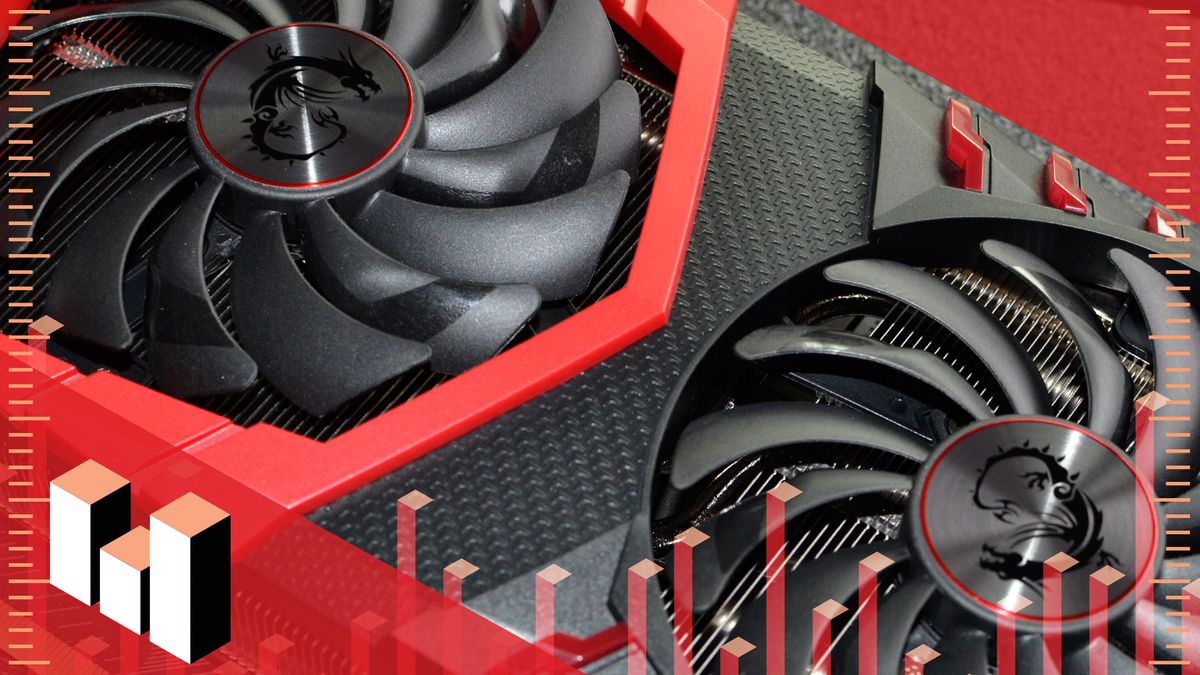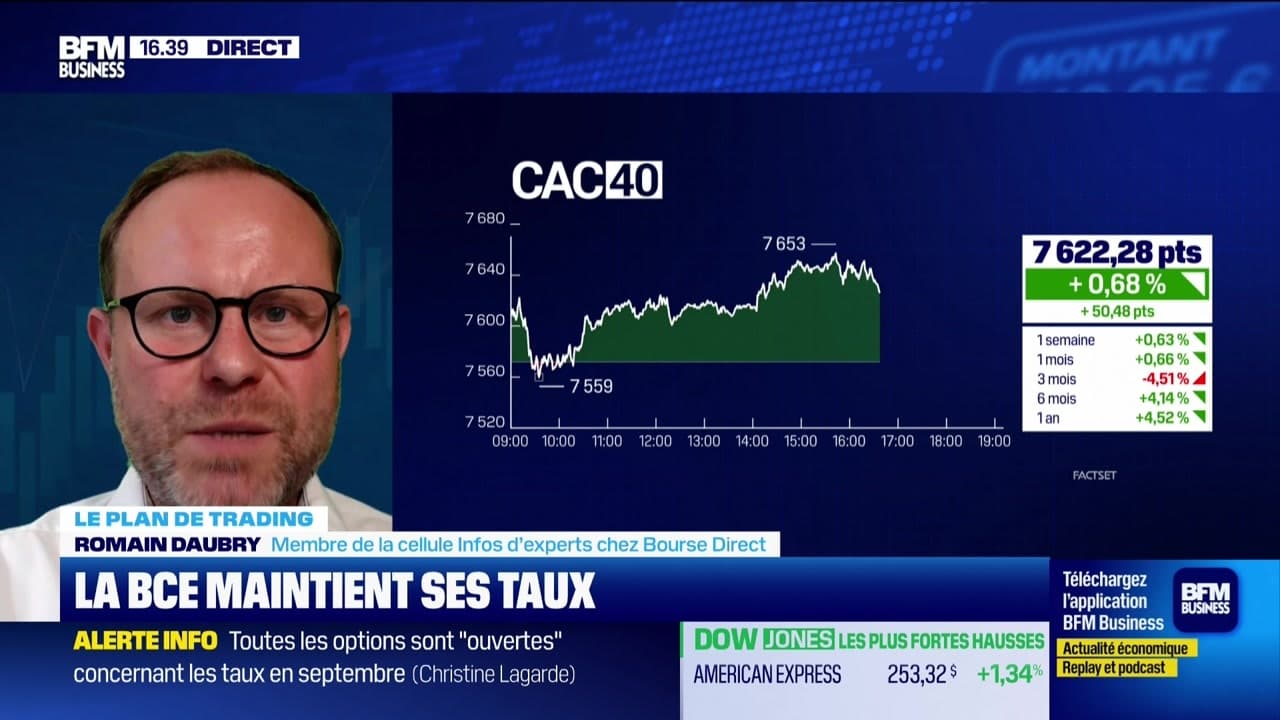New Pushback: Dealerships Challenge Mandatory Electric Vehicle Sales

Table of Contents
Dealerships' Concerns Regarding Mandatory EV Sales
Dealerships, the backbone of the automotive sales landscape, face substantial challenges in adapting to a world dominated by EVs. Their concerns are multifaceted and represent significant obstacles to the rapid adoption of mandatory EV sales quotas.
Investment Costs and Infrastructure Challenges
One primary concern is the considerable financial burden of adapting to the new EV infrastructure. The transition necessitates substantial investments, posing a significant hurdle for many dealerships, especially smaller, independent ones.
- High cost of installing fast chargers: Setting up a network of fast chargers requires significant upfront capital investment and ongoing maintenance.
- Need for specialized EV repair equipment: Servicing EVs requires specialized tools and training, adding to the investment needed.
- Retraining mechanics: Dealerships need to retrain their existing mechanics to handle EV repairs and maintenance, incurring training costs and potential downtime.
This financial burden is amplified by the often-limited government support programs designed to assist dealerships with this costly transition. Without adequate financial aid, many dealerships may struggle to comply with mandatory electric vehicle sales targets.
Consumer Demand and Market Readiness
Another critical concern is the disparity between current consumer demand for EVs and the proposed mandatory electric vehicle sales quotas. Dealerships argue that forcing sales targets onto a market not yet ready to fully embrace EVs is unsustainable and potentially devastating.
- Range anxiety: Many consumers remain hesitant due to concerns about limited driving range on a single charge.
- Charging infrastructure limitations: The lack of widespread, reliable public charging infrastructure limits the practicality of EVs for many potential buyers.
- High purchase prices compared to gasoline vehicles: The higher initial cost of EVs compared to gasoline-powered vehicles remains a significant barrier for many consumers.
- Lack of consumer understanding: A lack of consumer awareness and understanding of EV technology and benefits also plays a role in hindering widespread adoption.
Statistics on EV adoption rates, consumer surveys highlighting purchase intentions, and sales figures comparing EV and gasoline vehicles support the dealerships' claims about a significant gap between mandated targets and actual market demand.
Impact on Existing Inventory and Sales Strategies
The imposition of mandatory electric vehicle sales quotas could severely disrupt existing dealership business models and inventory management strategies.
- Difficulties in balancing EV and gasoline vehicle inventory: Maintaining an optimal balance between EV and gasoline vehicle inventory to meet diverse consumer needs poses a significant logistical challenge.
- Potential for unsold EVs: If the mandated sales targets exceed actual consumer demand, dealerships risk being left with unsold EVs, resulting in financial losses.
- Need to adapt sales and marketing strategies: Successfully selling EVs requires a completely different sales and marketing approach, necessitating investment in new skills and resources.
Dealerships face the risk of accumulating substantial losses if they cannot effectively sell the mandated number of EVs due to insufficient consumer demand.
Arguments in Favor of Mandatory EV Sales
While dealerships raise valid concerns, the arguments supporting mandatory electric vehicle sales are equally compelling.
Environmental Benefits and Climate Change Mitigation
The most prominent argument is the urgent need to reduce carbon emissions and combat climate change. EVs offer significant environmental advantages:
- Reduced greenhouse gas emissions: EVs produce zero tailpipe emissions, significantly reducing greenhouse gas emissions compared to gasoline vehicles.
- Improved air quality: The absence of tailpipe emissions contributes to improved air quality, particularly in urban areas.
- Contribution to climate change goals: Widespread EV adoption is crucial for meeting national and international climate change goals.
Scientific data overwhelmingly supports the environmental superiority of EVs, making the push for their adoption a critical step in mitigating climate change.
Energy Independence and National Security
A shift towards domestically produced EVs offers significant benefits for national energy security:
- Reduced dependence on foreign oil: EVs reduce reliance on foreign oil imports, bolstering national energy independence.
- Increased energy security: A domestic EV industry contributes to greater energy security and reduces vulnerability to global oil price fluctuations.
- Potential for job creation in the EV industry: The growth of a domestic EV industry creates numerous high-skilled jobs across the manufacturing, supply chain, and infrastructure sectors.
The transition to EVs presents a significant opportunity to strengthen the national economy and reduce dependence on volatile global energy markets.
Technological Innovation and Economic Growth
The development and adoption of EVs drive technological innovation and foster economic growth:
- Development of new technologies: The EV industry fosters advancements in battery technology, charging infrastructure, and other related technologies.
- Creation of high-skilled jobs: The EV industry creates numerous high-skilled jobs in engineering, manufacturing, research, and development.
- Economic stimulus: Investment in the EV sector provides a significant economic stimulus, boosting economic growth and creating new opportunities.
Investing in and supporting the EV industry offers a considerable opportunity for economic growth, job creation, and technological leadership.
Potential Compromises and Solutions
Finding a balanced approach that addresses both the concerns of dealerships and the urgent need to transition to EVs is crucial.
Phased Implementation of EV Sales Quotas
A phased implementation of mandatory electric vehicle sales quotas could provide a more manageable transition for dealerships:
- Gradual increase in quotas: Setting gradually increasing sales targets over several years would allow dealerships sufficient time to adjust.
- Financial incentives for dealerships to invest in EV infrastructure: Government incentives, such as tax credits and grants, could help dealerships finance the necessary infrastructure upgrades.
- Training programs for mechanics: Government-funded training programs would equip mechanics with the skills needed to service and repair EVs.
A phased approach reduces the immediate impact on dealerships while still promoting the transition to EVs.
Government Support and Incentives
Government support and incentives play a vital role in encouraging EV adoption and supporting dealerships during the transition:
- Tax credits: Tax credits for EV purchases can make them more affordable for consumers.
- Rebates: Rebates for installing home or public charging stations can help expand charging infrastructure.
- Grants for charging infrastructure development: Grants can incentivize the development of public charging infrastructure.
- Loan programs: Low-interest loans can help dealerships finance investments in EV infrastructure and training.
Examples from other countries demonstrate the effectiveness of targeted government support in accelerating EV adoption.
Conclusion
The debate surrounding mandatory electric vehicle sales is complex, balancing economic considerations with the urgent need to reduce greenhouse gas emissions. Dealerships' concerns regarding investment costs, consumer demand, and the disruption to their business models are legitimate and need to be addressed. However, the environmental benefits, increased energy security, and potential for economic growth associated with widespread EV adoption are equally compelling. Finding a solution that involves a phased implementation of quotas, along with substantial government support and incentives for dealerships, is crucial for a successful transition. Further discussion and collaboration are essential to navigating the path towards a sustainable future with electric vehicles. Let's continue the conversation on the impact of mandatory electric vehicle sales and find common ground to support a successful transition to a cleaner, more sustainable transportation system.

Featured Posts
-
 Elections Legislatives Allemandes J 6 Tout Ce Qu Il Faut Savoir
Apr 23, 2025
Elections Legislatives Allemandes J 6 Tout Ce Qu Il Faut Savoir
Apr 23, 2025 -
 Aaron Judges 3 Home Runs Power Yankees To Historic 9 Homer Game
Apr 23, 2025
Aaron Judges 3 Home Runs Power Yankees To Historic 9 Homer Game
Apr 23, 2025 -
 Updated Fan Graphs Power Rankings March 27 To April 6
Apr 23, 2025
Updated Fan Graphs Power Rankings March 27 To April 6
Apr 23, 2025 -
 Analyzing Michael Lorenzens Performance And Impact On The Game
Apr 23, 2025
Analyzing Michael Lorenzens Performance And Impact On The Game
Apr 23, 2025 -
 Alerte Trader Maitriser Les Seuils Techniques Pour Le Trading
Apr 23, 2025
Alerte Trader Maitriser Les Seuils Techniques Pour Le Trading
Apr 23, 2025
Latest Posts
-
 Participez A Une Action Solidaire A Dijon Donnez Vos Cheveux
May 10, 2025
Participez A Une Action Solidaire A Dijon Donnez Vos Cheveux
May 10, 2025 -
 Dijon Ou Donner Ses Cheveux Pour Une Bonne Cause
May 10, 2025
Dijon Ou Donner Ses Cheveux Pour Une Bonne Cause
May 10, 2025 -
 Donner Ses Cheveux A Dijon Guide Complet Pour Faire Un Don
May 10, 2025
Donner Ses Cheveux A Dijon Guide Complet Pour Faire Un Don
May 10, 2025 -
 Donnez Vos Cheveux A Dijon Une Action Solidaire
May 10, 2025
Donnez Vos Cheveux A Dijon Une Action Solidaire
May 10, 2025 -
 Dijon Trois Victimes D Une Agression Sauvage Au Lac Kir
May 10, 2025
Dijon Trois Victimes D Une Agression Sauvage Au Lac Kir
May 10, 2025
